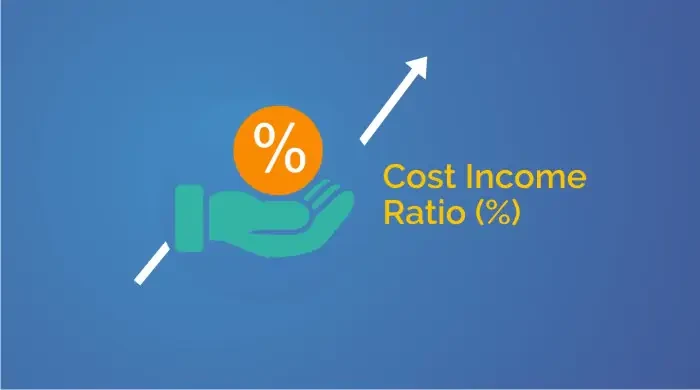
INDIA — Kris Gopalakrishnan, co-founder of Indian information technology giant Infosys, stares out from a wall-to-wall poster in a modern office building near Kochi, in the southern state of Kerala.
Report by Reuters
A caption reads: “We started Infosys in a room about this size; it’s your turn now.”
His message is directed at aspiring entrepreneurs at Startup Village, a state-of-the-art glass and steel edifice tucked in a green corner of the port city, who dream of creating the next billion-dollar tech giant.
But even three decades after Infosys, India’s second-largest software service provider was founded by middle-class engineers, the country has failed to create an enabling environment for first-generation entrepreneurs.
Startup Village wants to break the logjam by helping engineers develop 1 000 Internet and mobile companies in the next 10 years. It provides its members with office space, guidance and a chance to hobnob with the stars of the tech industry, including Gopalakrishnan, the project’s chief mentor.
But critics say this may not even be the beginning of a game-changer unless India deals with a host of other impediments — from red tape to lack of innovation and a dearth of investors — that are blocking entrepreneurship in Asia’s third-largest economy.
India ranks 74th out of 79 nations in the Global Entrepreneurship and Development Index, making it one of the worst places in the world to start a business.
- Chamisa under fire over US$120K donation
- Mavhunga puts DeMbare into Chibuku quarterfinals
- Pension funds bet on Cabora Bassa oilfields
- Councils defy govt fire tender directive
Keep Reading
A World Bank report says it is easier to start a business in violence-afflicted Pakistan or poverty-stricken Nepal than in their giant neighbor, where everything from getting electricity to credit is time-consuming and fraught with paperwork.
“Take Apple or take Google. If exactly the same company had been started in India, its prospects would have been very different,” said Erkko Autio, chair in technology venturing and entrepreneurship at Imperial College, London. “Basically, it would have not reached the potential it has as a start-up.”
Indian-born entrepreneurs have been enormously successful in the United States, where they have the highest number of tech-start-ups by any immigrant group.
But India has not been able to build itself a community like Silicon Valley where there is easy access to equity, a pool of creative talent and first-world infrastructure.
“We were alone. We had no idea how to make a company, how to sell it . . . We tried, failed, tried, failed,” said Kallidil Kalidasan, a 23-year-old member who started a mobile app venture in Kerala two years ago and could not find a single investor.











